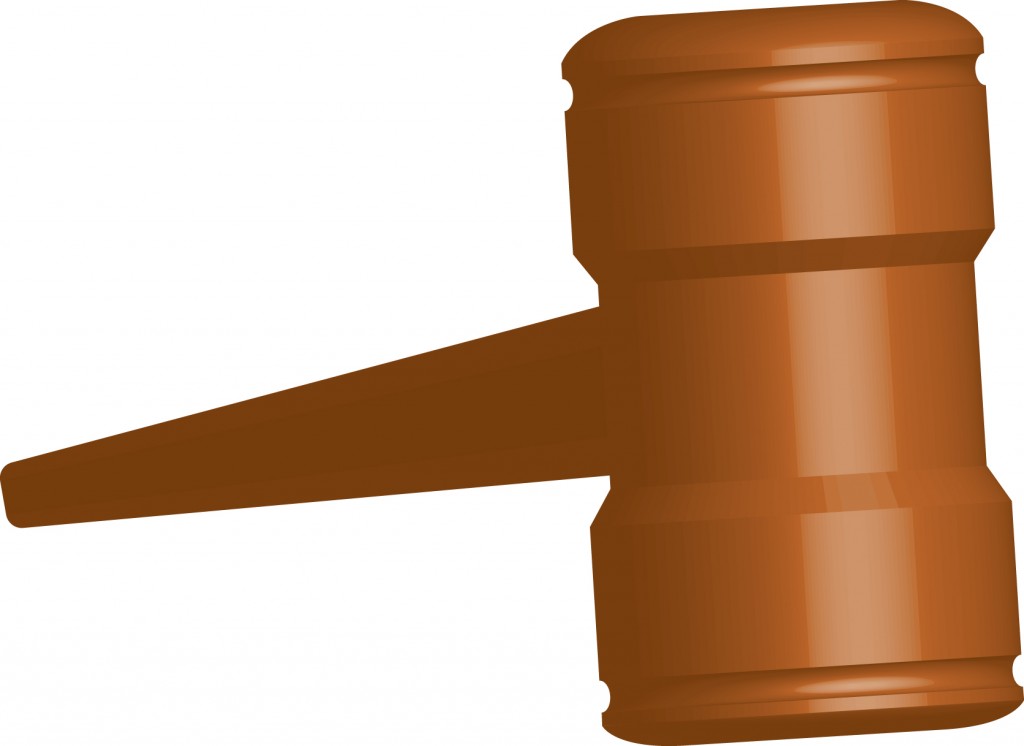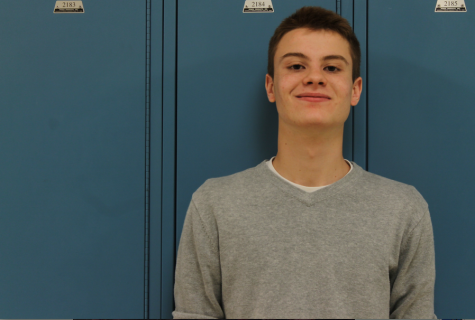Even after the buses clear in the afternoon, the halls echo with the roar of the students.
In room 2038, politics persists as members of the Junior Statesman of America (JSA) debate today’s political issues.
Meanwhile, the denizens of room 2059 are learning the ins and outs of argument, as the Debate Team prepares for its upcoming competitions.
In 2062, the Model United Nations (UN) members strive to end starvation in an increasingly hungry world.
While all three clubs are debate-oriented, they aren’t all debating the same topics. JSA practices formulating mainly political arguments based on personal beliefs.
Meanwhile, according to Debate Team co-president Sage Vouse ’15, members argue about a wide variety of issues but learn to train their arguments in a variety of structures, like extemporaneous and parliamentary style.
Model UN looks at international affairs, simulating the actual United Nations. The group has discussed everything from nuclear weapons to international espionage.
But it’s not just about taking a side for Model UN. It’s also about taking a country.
While, in JSA and Debate Team, the members mock debate, the Model UN participants are assigned countries and must defend issues based on their governments’ stance. According to Model UN co-president Matt Walton ‘14, this means getting all countries involved, including controversial ones like North Korea and Iran.
He’s not complaining though. “I mean, it’s fun to be North Korea,” Walton said.
The clubs differ on the importance of competition. In JSA, competition is key; students take frequent trips to in-state as well as out-of-state debates, such as Fall State and Winter Congress. According to member Brandon Rakowski ’16, Staples students win awards at almost every event.
The Debate Team members are competitive as well, attending monthly competitions, including the Yale Invitational in April. However, they do hope to expand their competitive ambitions further with more out-of-state competitions this year.
Model UN remains the least competive, only attending one conference a year i Washington D.C.
“It’s not that we don’t care about competition. Sure, you can win awards and stuff, but you can also see how you can work together,” Walton said, pointing out that his club establishes a collaboration among students not seen in the other two.
However, Baxter Stein ’14, who is both president of JSA and co-president of the Debate Team, says that the members of JSA are just as supportive of each other as those in the other clubs.
“The Staples JSA members always go to their friends’ debates to support them, giving supporting speeches and asking questions,” he said.
Vouse also defended Debate Team’s teamwork, saying that, like Model UN, their less frequent competition allows them to improve.
Despite their differences, however, all three club presidents encourage students to join more than one if they desire.
“Lots of times people think you have to choose one, but that’s not true,” Ste















































